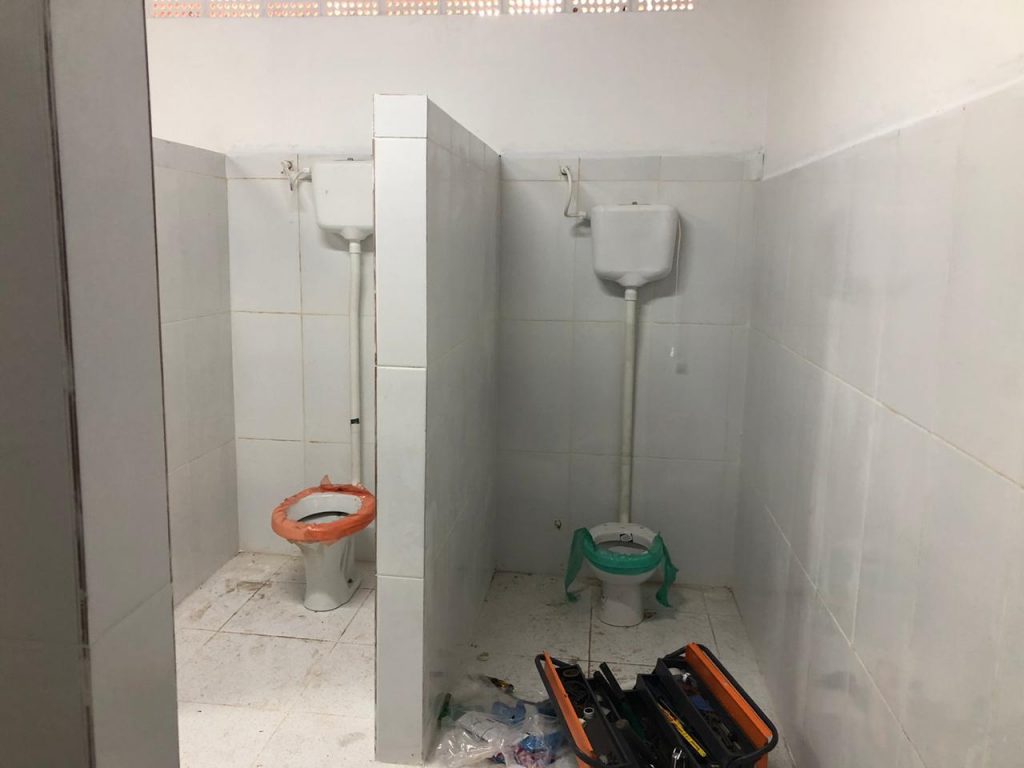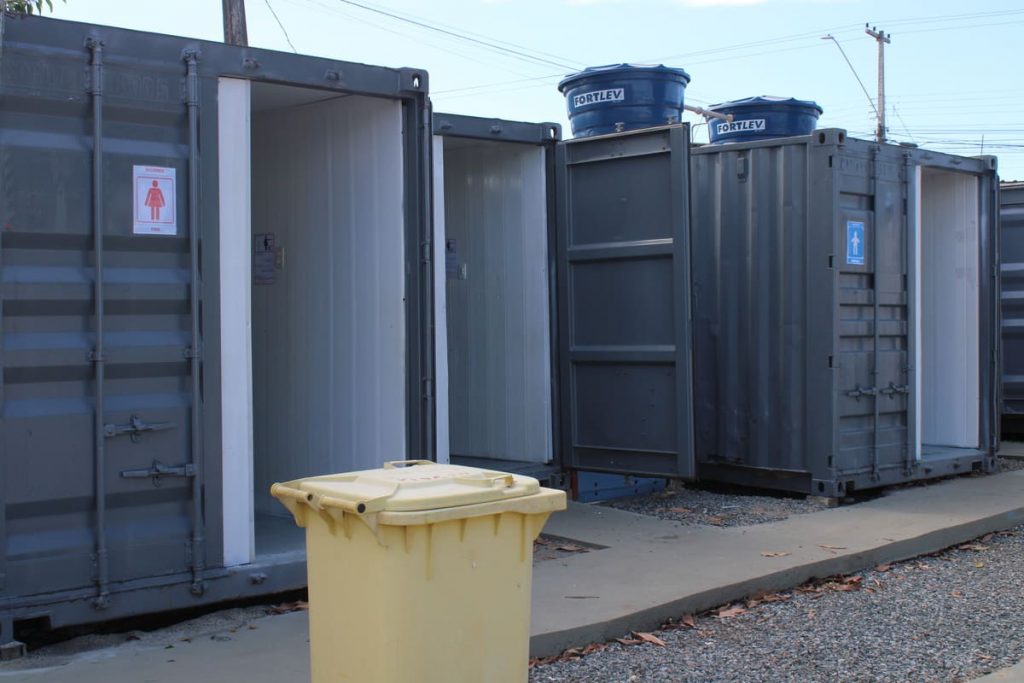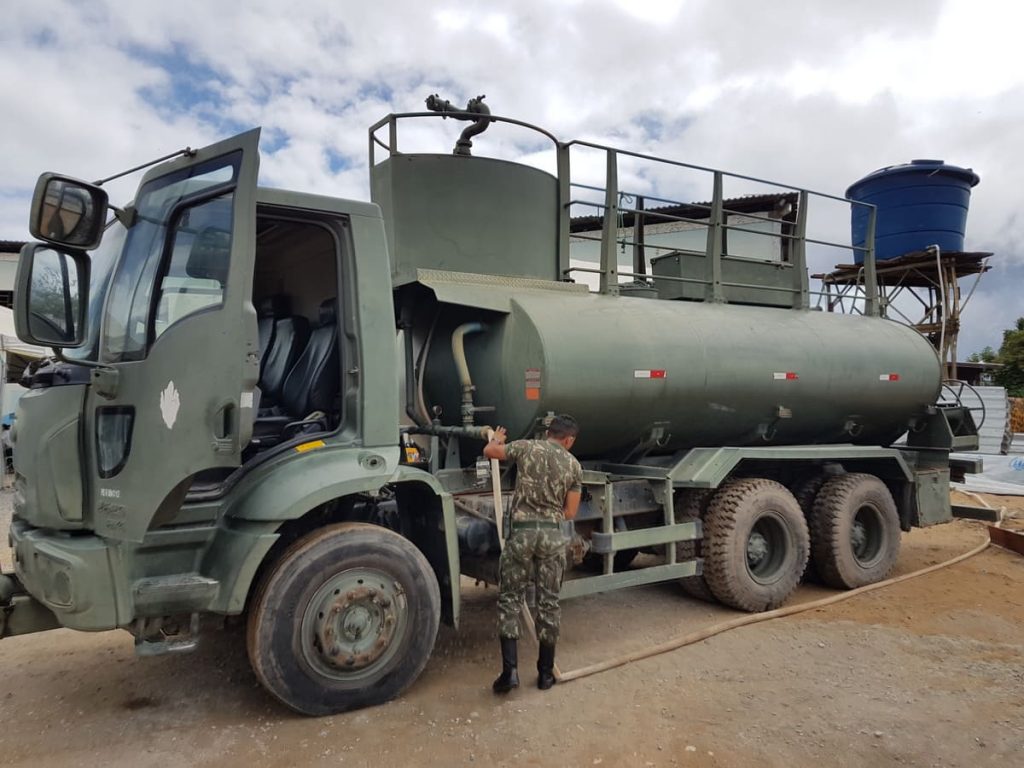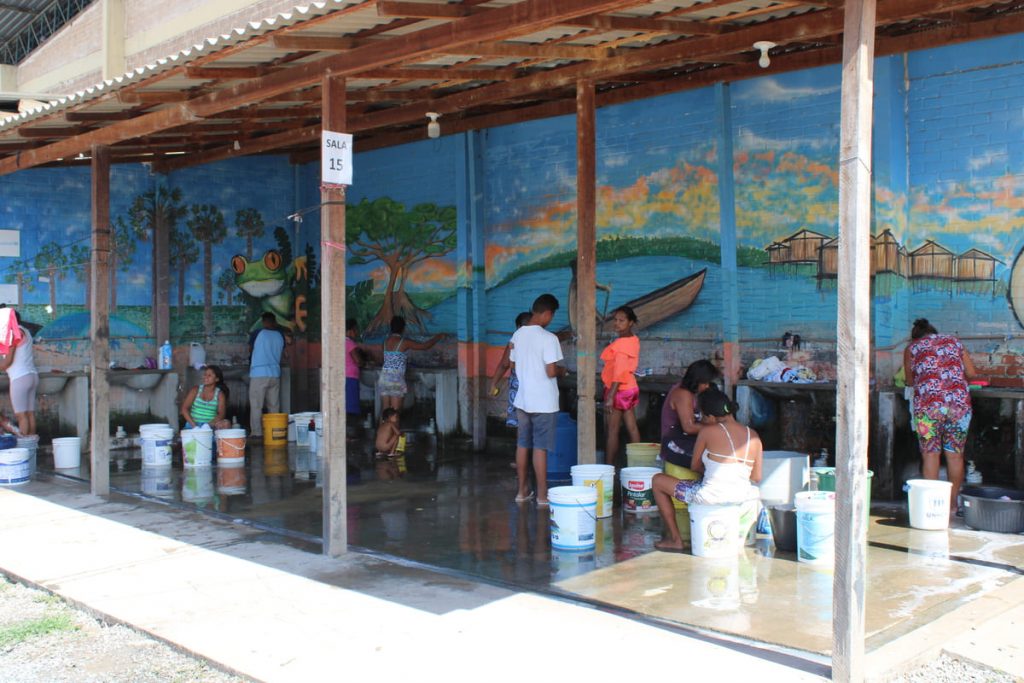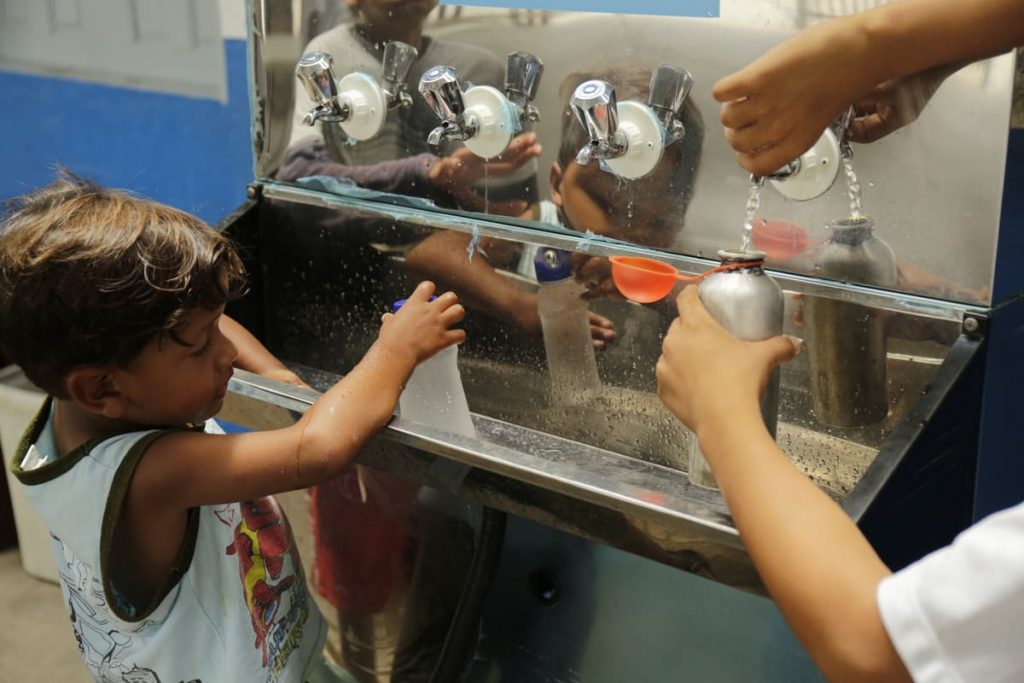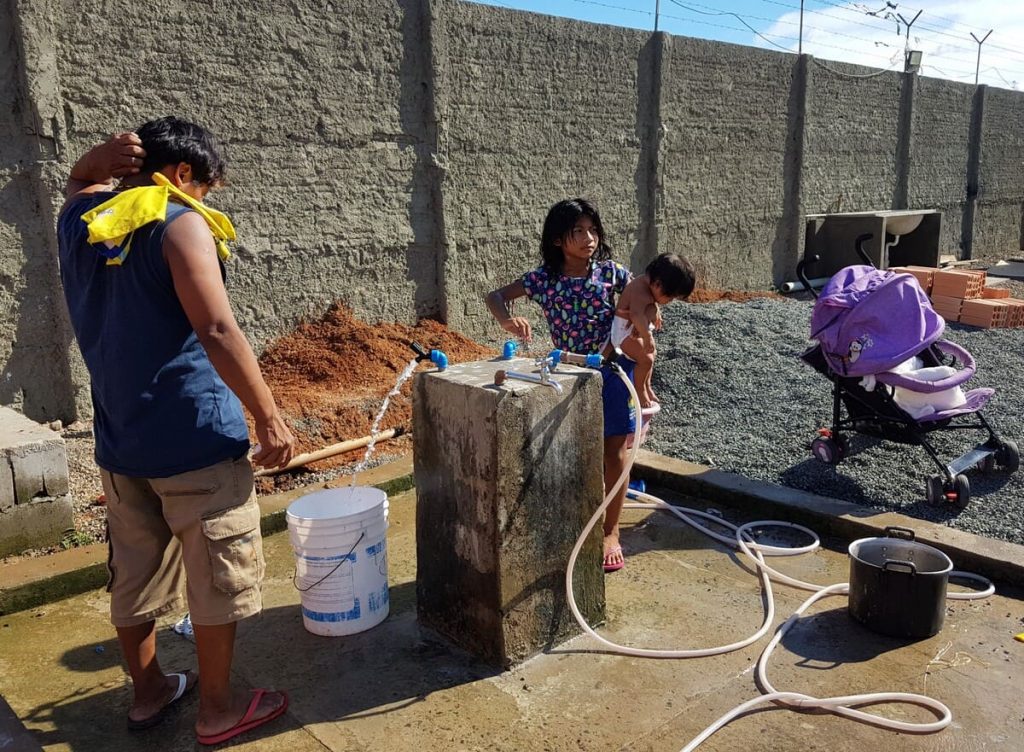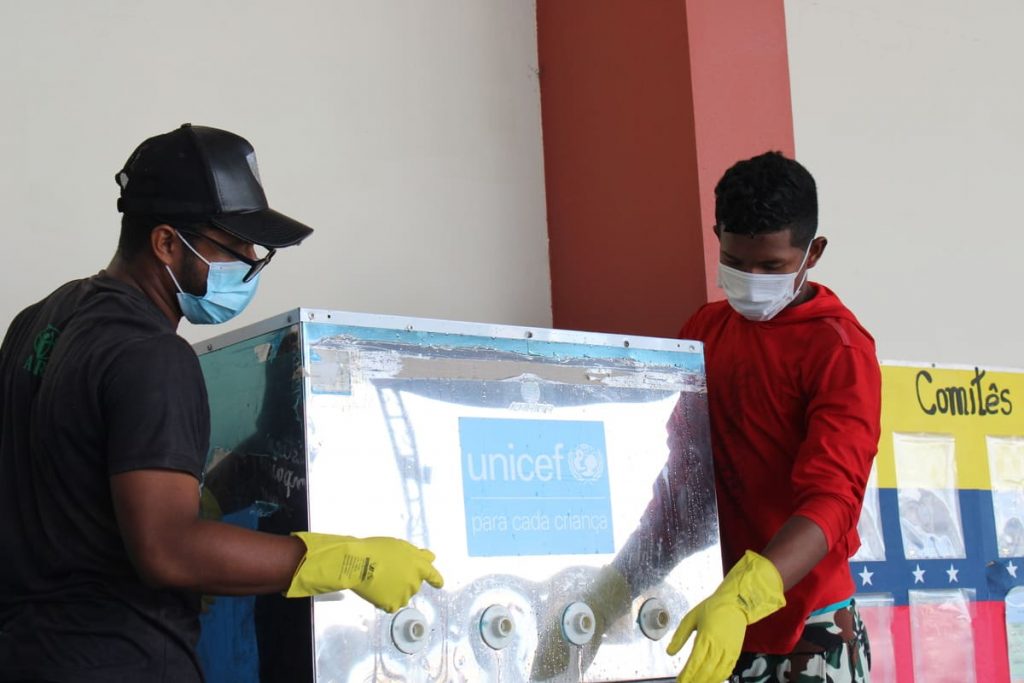More than 4.3 billion people live without access to basic sanitation
November 19, World Toilet Day, was used by the United Nations Organization to call the attention of the world to the sanitation crisis. The lack of toilets, treated water and sanitary sewage systems is a problem that afflicts more than 4.2 billion people all over the planet. According to UN estimates, 1 billion people don’t even have a toilet.
More than half the population has no access to treated sewage systems. Close to 40% of the inhabitants of the globe live without water and soap to wash their hands.
The most affected by the lack of toilets and basic sanitation are the poorest communities, particularly some indigenous peoples, minorities and impoverished rural communities, as well as people who live in overcrowded conditions and with difficulties in accessing adequate health services such as water, sanitary sewage systems and hygiene in refugee and internally displaced persons camps, spontaneous settlements or temporary accommodation for migrant workers, among others.
Basic Water and Sewage in shelters under the management of the Humanitarian Fraternity (FIHF)
According to Ricardo Treno, the humanitarian server responsible for the training on the Sphere Handbook, of the Fraternity – International Humanitarian Missions (FIHM), “the displaced or refugee groups are even more vulnerable, are more susceptible to all kinds of illnesses. This includes infectious and diarrheal illnesses, illnesses that come from a lack of nutrition, but also from a lack of hygiene, a lack of access to potable water beyond basic sanitation conditions.”
The humanitarian server also explains that the technical chapters of the Sphere Handbook more thoroughly address the question of water and sanitation. Those subjects are included in the WASH principle, an acronym for “Supplying of Water, Sanitation and the Promotion of Hygiene.”
In the Sphere Handbook, a series of standards are listed, based on the principles, rights and obligations declared in the Humanitarian Charter. The principal WASH activities are:
- Promoting good hygiene practices;
- Providing an adequate amount of potable water;
- Offering appropriate sanitary installations;
- Reducing environmental risks to health;
- Ensuring conditions for people to live in good health, dignity, comfort and safety.
The Fraternity –International Humanitarian Federation (FIHF) uses the Sphere Handbookas its reference for the management of the five shelters under its coordination in Roraima, Brazil, in partnership with the UNAgency for Refugees (UNHCR). The search for improvements is done in line with the most important standards of the WASH programs, in the management of the whole water chain: provision, treatment, distribution, collection, domestic storage and consumption; furthermore, it also undertakes efforts to manage sanitation in an integrated manner, promoting healthy behaviors and ensuring access to hygiene products.
Data in Brazil and in the World
Every day more than 800 children die from illnesses such as diarrhea and other infections caused by the lack of sanitation and contaminated water.
In Brazil, approximately 4 million people do not have access to toilets, according to the Trata Institute of Brazil. According to Federal Government data, approximately 35 million people do not have access to potable water – equal to the population of Canada – and almost 100 million still live in houses without access to sanitation – double the population of Spain.
With this initiative, the UN intends to ensure that everybody have a safe toilet by 2030. Among the 17 UN Sustainable Development Objectives, number 6 provides for ensuring the availability and sustainable management of water and sanitation for everybody.
In the context of the pandemic, in which poverty and inequality constantly increase, it’s necessary and urgent to ensure universal access to water and sanitary sewage systems, mainly because they are human rights, and also because they are essential to achieve proper hygiene that allows the control of infections and combating the pandemic.

